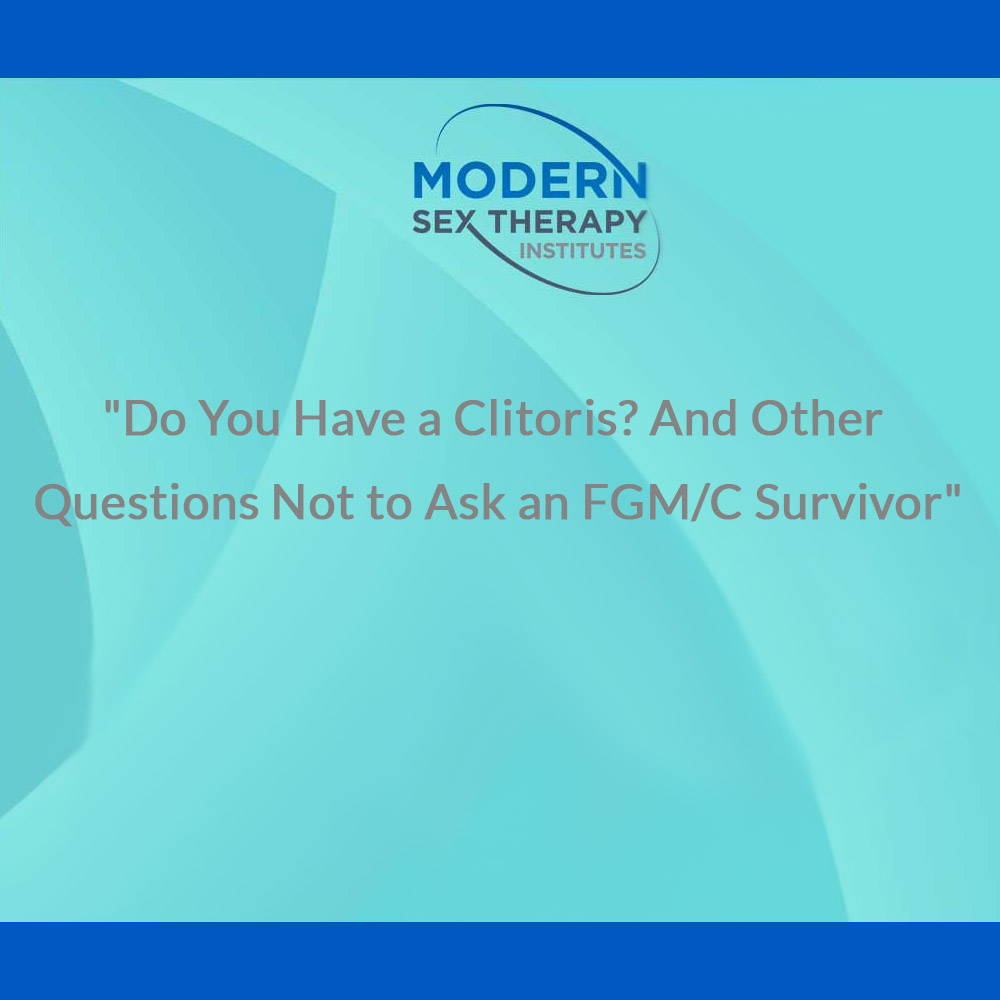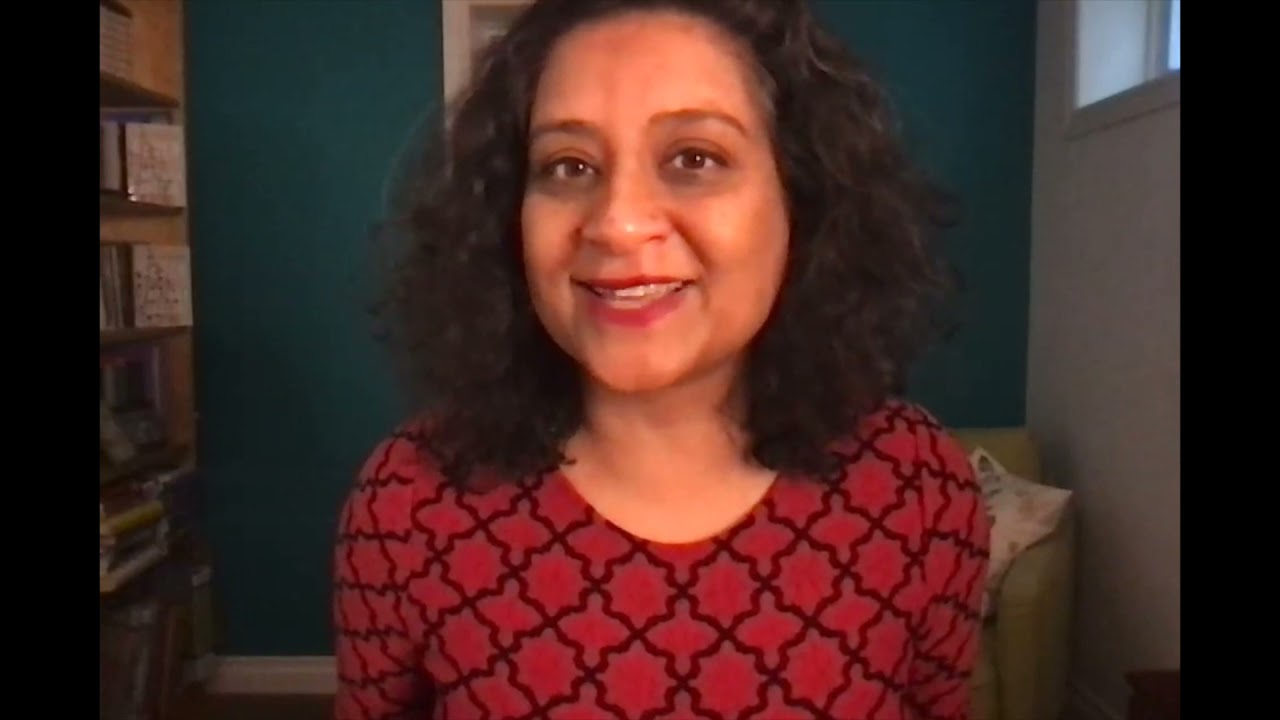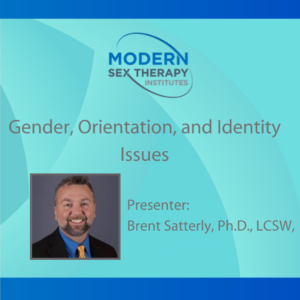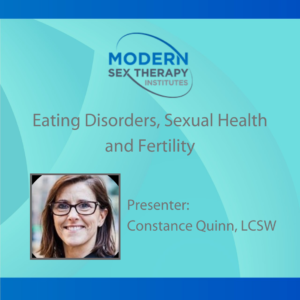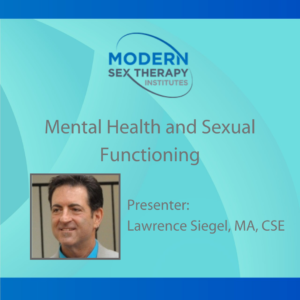“Do You Have a Clitoris?” And Other Questions Not to Ask an FGM/C Survivor
$80.00
2 CE Hours
Presented by: Farzana Doctor
Recorded workshop available via video on demand
AASECT Category:
Sex Therapy Education
Section D
From the perspectives of a survivor, author, psychotherapist and activist, Farzana Doctor will provide clinicians with information about female genital cutting/mutilation, including the four types, and will address common misconceptions, myths and stereotypes. She’s also discusses common physical, emotion and sexual aftereffects of FGM/C and trauma-informed interventions for clinicians who are interested in working with this population. Given that FGM/C is known to occur in at least 92 countries, including in North America, this short course will be essential learning!
Learning Objectives:
- Describe 4 Types of FGM/C and prevalence.
- Discuss FGM/C myths and misconceptions, common justifications for the harmful practice, including Bohra community dynamics.
- Describe common physical, emotion and sexual aftereffects of FGM/C
- Explain one trauma-informed interventions for clinicians, including non-judgmental questions
Activity Schedule:
9:00-9:25 (25 minutes): Intro to FGM/C
9:25-9:45 (20 minutes): Understanding FGM/C emotional, physical and sexual aftereffects
9:45-10:15 (30 minutes): focus on clinician skill-building
10:15-10:30 (15 minutes): understanding current activism and how to be an ally
10:30-11 (30 minutes): participant Q&A
Bio:
Farzana Doctor is a Toronto-based Registered Social Worker who has been working with individuals and couples since 1993. As a consultant and educator, she has supervised and taught clinicians about LGBTTTIQ issues, anti-oppression and FGM/C.
She is also a founding member of WeSpeakOut.org and the End FGM/C Canada Network. She has written four critically acclaimed novels. Her latest, Seven,which Ms. Magazine described as “fully feminist and ambitiously bold”, addresses FGM/C in her Dawoodi Bohra community and was inspired by her experiences as a survivor and activist.

